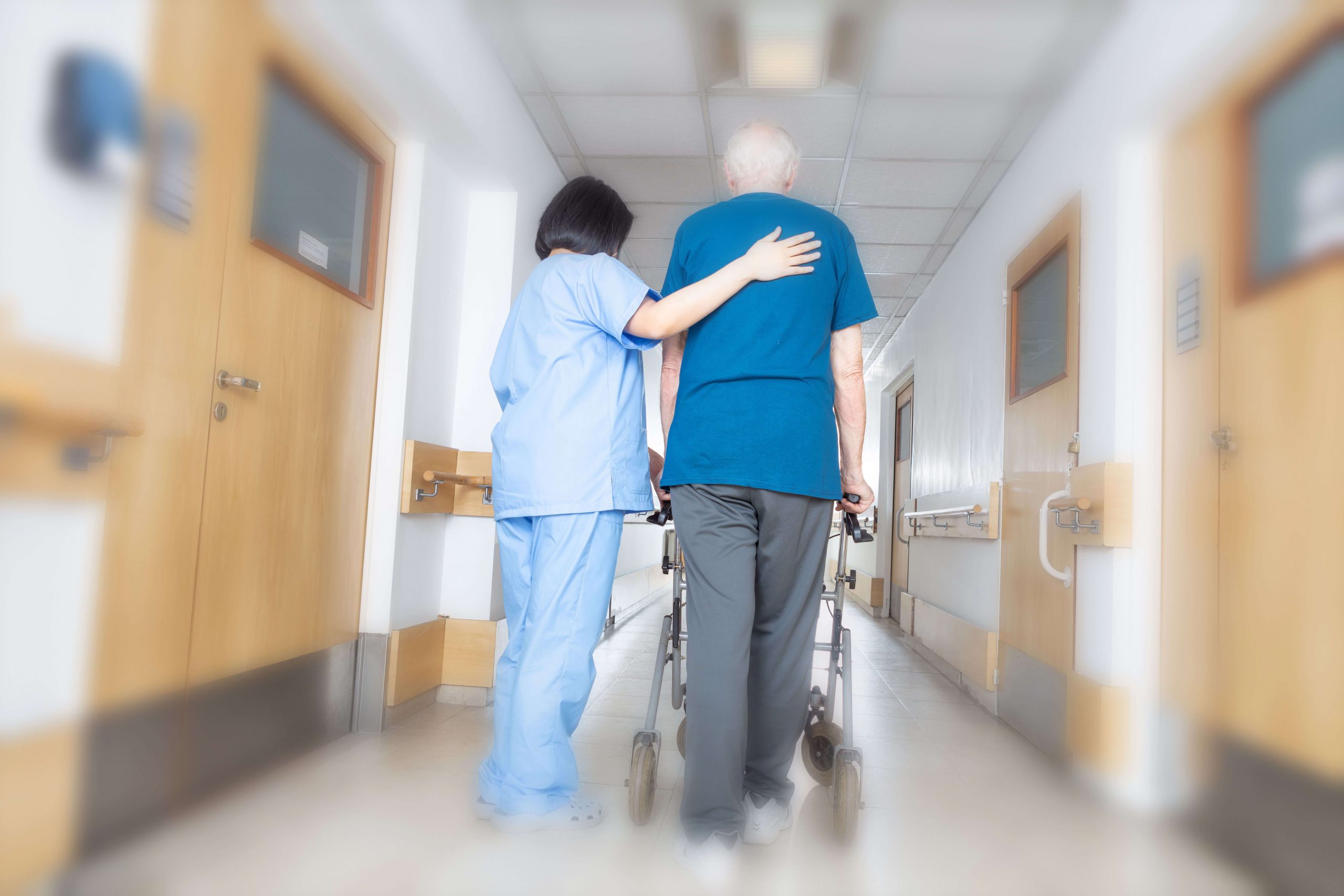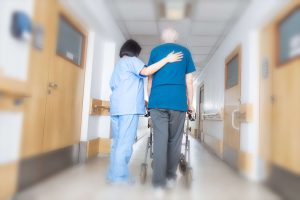Call Us : +1 (626) 798-0558

Exploring The Connection Between Mental Health And Physical Recovery

Senior Care
When it comes to recovering from illness, surgery, or injury, most people focus on physical therapies, medications, and nutrition. While these are undeniably important, one crucial factor often gets overlooked: mental health. A growing body of research shows that a person’s emotional and psychological well-being plays a significant role in their ability to recover physically. This is especially true for seniors and those in rehabilitation or convalescent care.
This blog explores the powerful connection between mental health and physical recovery, why emotional well-being matters in healing, and how integrated care can lead to better health outcomes.
The Mind-Body Connection: What Science Says
Mental and physical health are closely intertwined. Stress, depression, and anxiety can negatively impact the body’s immune system, slow healing, and reduce a person’s motivation to participate in recovery activities like physical therapy or exercise. Conversely, a positive mental state can improve pain tolerance, increase energy levels, and support the body’s natural healing processes.
Key Scientific Findings:
-
Chronic stress increases inflammation in the body, delaying wound healing and recovery from surgery.
-
Depression and anxiety are linked to poorer outcomes after heart surgery, stroke, or orthopedic procedures.
-
Positive emotions like optimism have been shown to boost the immune system and reduce the risk of chronic diseases.
-
Social support and mental stimulation significantly enhance cognitive recovery after events like stroke or brain injury.
Mental Health Challenges During Recovery
Physical recovery, especially for seniors or those with long-term illnesses, is often accompanied by mental health challenges. Common emotional responses include:
-
Depression: Feelings of sadness, hopelessness, or lack of motivation
-
Anxiety: Worry about the future, health outcomes, or the ability to regain independence
-
Loneliness and Isolation: Particularly common in long-term care or rehabilitation settings
-
Frustration or Anger: Due to slow progress or physical limitations
These emotional states can negatively affect participation in physical rehabilitation and slow down recovery. Left untreated, they may lead to worsening health outcomes and a reduced quality of life.
How Mental Health Supports Physical Healing
Understanding how mental well-being accelerates physical recovery helps in developing more effective care plans. Here are key ways that mental health contributes to healing:
1. Motivation and Participation
People with good mental health are more likely to:
-
Engage in rehabilitation exercises
-
Follow medication and therapy routines
-
Maintain a positive outlook on their recovery journey
2. Pain Management
Positive mental health is associated with:
-
Better pain tolerance
-
Reduced need for pain medications
-
Improved sleep and relaxation
3. Immune Function
Mental stress impairs immune response, while emotional stability:
-
Enhances the production of infection-fighting cells
-
Supports tissue repair and regeneration
-
Helps manage chronic conditions like diabetes or arthritis
4. Cognitive Function
In seniors, especially, emotional well-being is linked to:
-
Reduced risk of cognitive decline
-
Better memory retention
-
Faster adaptation to new routines or care environments
The Role of Integrated Care in Recovery
The best recovery plans address both physical and mental health needs. This holistic approach is becoming more common in assisted living, rehabilitation centers, and skilled nursing facilities, where staff are trained to recognize and support emotional well-being.
Key Elements of Integrated Recovery Plans:
-
Access to Counseling or Therapy: Onsite or virtual mental health support from licensed professionals
-
Social Engagement Programs: Group activities, peer support, and community events to reduce isolation
-
Mindfulness and Relaxation Techniques: Guided meditation, deep breathing, and yoga for stress reduction
-
Spiritual Care: Chaplain services or spiritual support tailored to individual beliefs
-
Family Involvement: Including loved ones in the recovery process helps reduce anxiety and improve morale
Promoting Mental Health During Recovery: Practical Tips
Whether you’re recovering at home, in an assisted living facility, or in a rehab center, these strategies can help strengthen your mental health:
-
Stay Connected: Regular contact with friends and family boosts mood and motivation.
-
Set Small Goals: Achievable milestones give a sense of progress and purpose.
-
Celebrate Progress: Acknowledge even small improvements in your recovery.
-
Talk About Your Feelings: Don’t hesitate to seek help from counselors, support groups, or therapists.
-
Practice Gratitude and Positivity: Journaling or focusing on what’s going well can shift your mindset.
-
Engage Your Mind: Reading, puzzles, or games help keep your brain active and distracted from discomfort.
Conclusion: Recovery Is More Than Physical
Healing from an injury, surgery, or illness is never just a physical journey; it is a mental and emotional process as well. Mental health not only affects how people feel but also how quickly and successfully they heal. By recognizing the importance of emotional well-being, caregivers and healthcare providers can create more effective, compassionate recovery plans.
At facilities like those in Pasadena offering skilled nursing, post-acute care, and convalescent services, integrating mental health support into physical rehabilitation programs ensures that patients recover faster, feel better, and return to independent living sooner.
